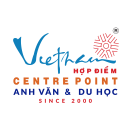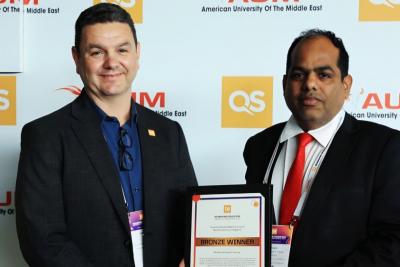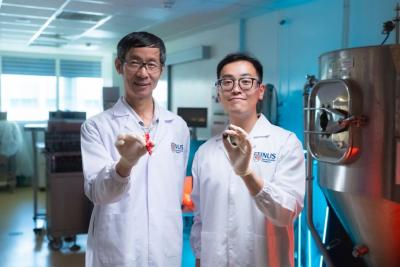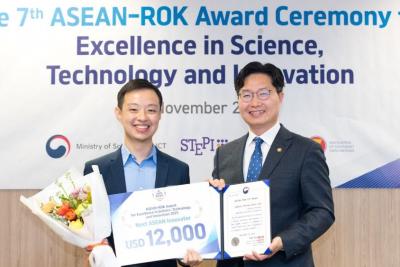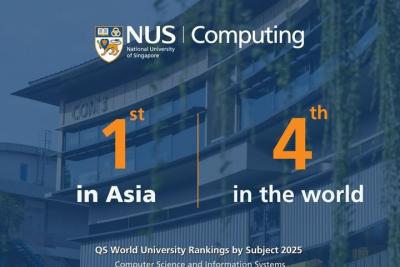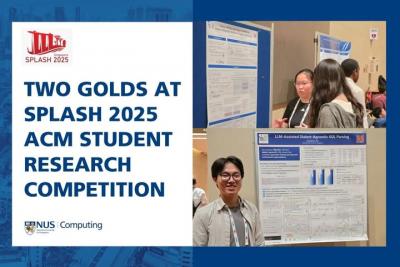Một phát minh mới của các nhà nghiên cứu NUS có thể giúp cải thiện việc điều trị căn bệnh ung thư dạ dày
Gastric cancer is one of the most common cancers worldwide. A new invention by researchers from the National University of Singapore (NUS) could help improve the treatment of this cancer by enhancing the precision of radiotherapy, which is commonly used in combination with treatment options such as surgery, chemotherapy or immunotherapy.
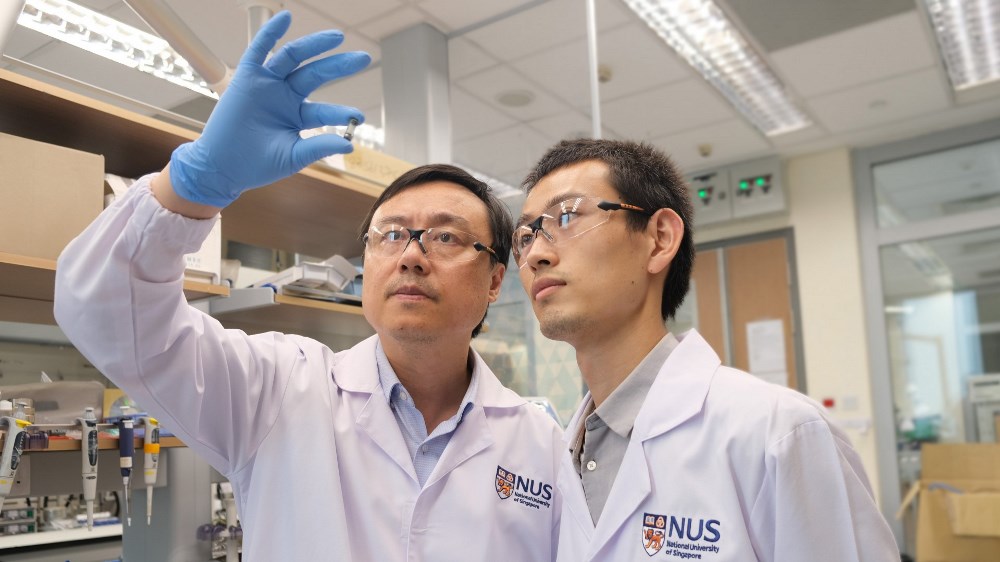
Prof Liu Xiaogang (left) and Dr Hou Bo from the NUS Department of Chemistry were key members of the team that developed the novel capsule dosimeter.
In the field of modern radiotherapy, precision in targeting tumour tissue while minimising damage to healthy tissue is crucial. However, low efficacy and variable outcomes remain a challenge due to patient diversity, treatment uncertainty, and differences in delivery types. Monitoring the dose of radiation delivered and absorbed in real-time, particularly in the gastrointestinal tract, could enhance the precision of radiotherapy to improve its effectiveness, but it is difficult to achieve. Additionally, existing methods used for monitoring biochemical indicators such as pH and temperature are inadequate for comprehensive evaluation of radiotherapy.
To address this challenge, a research team led by Professor Liu Xiaogang from the Department of Chemistry under the NUS Faculty of Science, in collaboration with researchers from NUS Yong Loo Lin School of Medicine, Tsinghua University and Shenzhen Institute of Advanced Technology, has developed an ingestible X-ray dosimeter that detects radiation dose in real time. Combining their novel capsule design and a neural-network based regression model which calculates radiation dose from the information captured by the capsule, the team found that they could provide approximately five times more accurate monitoring of the dose delivered than current standard methods.
See more here

